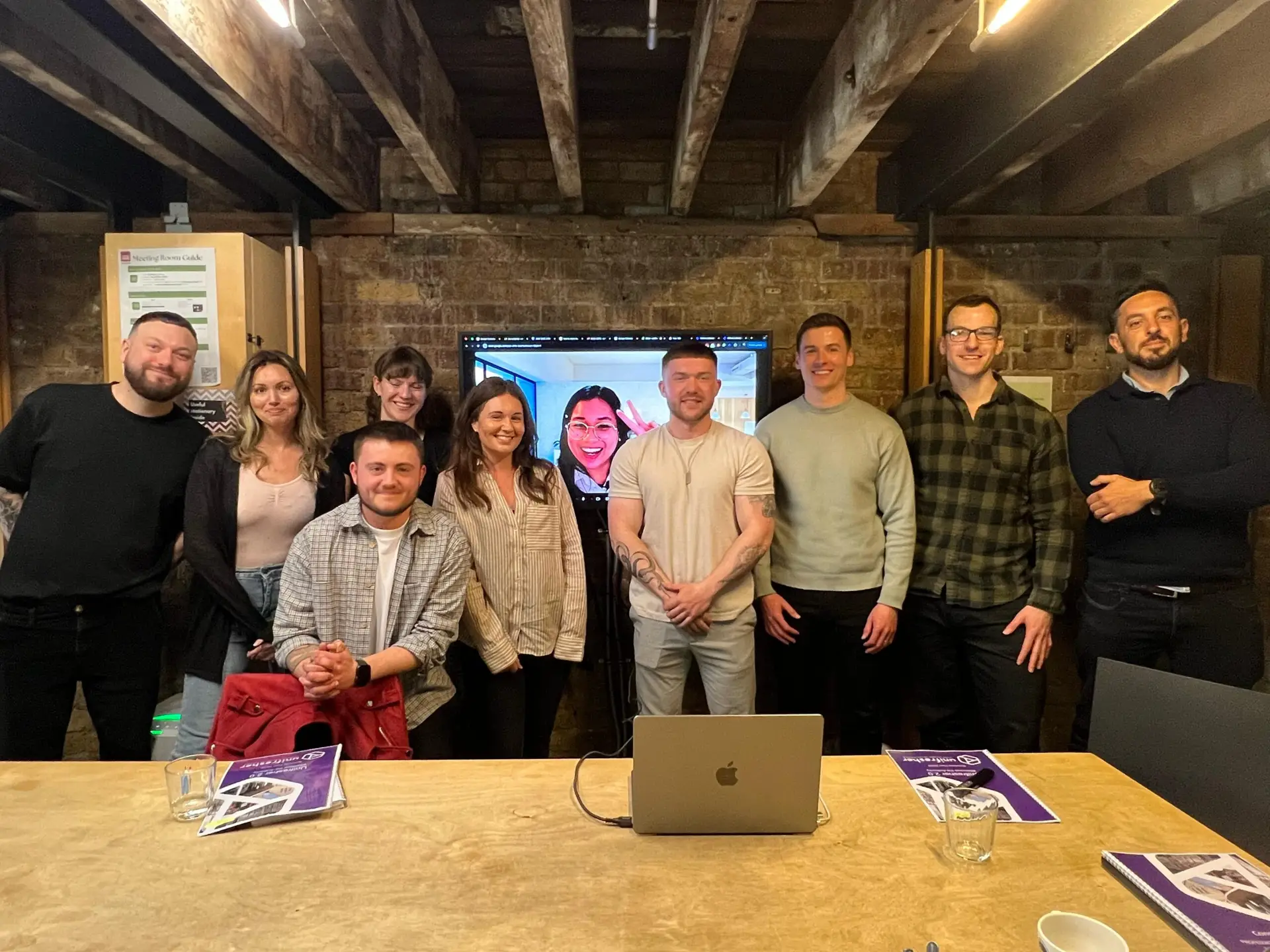Key takeaways
- Failing A-levels doesn’t mean university is impossible
- Consider retakes, Access courses, or Clearing
- Explore apprenticeships or alternative pathways
Finding out the results of your A Levels is always a scary time (here’s when it is and how to prepare for it), and your mind is probably asking what to do if you fail them? While it can be disheartening to not get the A Level results you wanted, it’s definitely not the end of your academic journey. With plenty of options to consider, you don’t need to panic. From clearing to remarking, here’s what to do if you fail your A Levels, or if you just didn’t get the results you wanted or expected.
1. Go through clearing
The first point of action when thinking about what to do if you fail your A Levels is to consider clearing. Clearing is a service that aids universities in filling any course spaces they might still have available. It’s open to all students but usually students who use the service either haven’t got the grades they needed or changed their mind to the university or course they wanted to do / go to.
Instead of seeing it as a negative you should see it as a great opportunity to apply for another course at your original university choice or a completely different university all together.
Thousands of students use clearing each year, and it’s really simple to do. To be applicable for clearing you must:
- be applying after 30th June
- have no offers (or none which you would like to accept)
- have not met the conditions of your offers
- have declined your firm place in Track
For more information on how to use Clearing, and what it will cost, read UCAS’ Clearing FAQ here.
2. Resits

There is always the choice of retaking your A Levels if you’ve narrowly missed the grades you needed. You can choose to resit at a different school or college if you wish too and this gives you more time to focus on learning the bits you might have found particularly difficult.
The extra time also gives you a chance to assess the university choices you’ve selected. It also gives you a chance to ask anyone who you know studying at university on their advise and pick their brains on the course they chose. You can also look at alternative options like studying abroad, taking a gap year or even doing an apprenticeship. The world really is your oyster. You’ll soon see this as the best opportunity for you!
It’s important to weigh up your options for what to do if you fail your A Levels, and resits can be pricey. Find out more about how much it costs to resit or retake your A Level here.
3. Have your exams remarked
If you didn’t get the A Level results you wanted and feel there could have been a mistake, then you can always consider asking for a remark from the exam board. The steps to do this are simple, you’ll just need to speak to your tutor who can organise this for you. There usually will be a small fee involved but you’ll get this back if they remark in your favour.
If you are thinking of doing this then you should do it ASAP. It is also worth considering that they can mark you lower than your original grades if they rule so, so make sure you’re sure there has been a mistake made.
You should try to make this decision with your parents or seek the advise of your tutor who knows you and your quality of work. It is a decision you should think about and be sure of.
4. Take a gap year
We’ve all heard the stereotypes about the people who took a gap ‘yarr’, but have you considered one? During this time you could work towards a qualification, gain experience or find out more about what you want to do after school.
Plus, every now and then, work experience can develop into a full-time job and prospective career!
5. Look for apprenticeships

If you already know what you want to do as a career and don’t think you need university qualifications to achieve this then you should consider doing an apprenticeship. You’ll be earning money whilst you do it and cuts out the university fees … a huge added bonus. It’s a proactive choice if you fail your A Levels but still want to move forward with your career.
Usually the process is you would have to apply for a place during the school year as application closing dates vary and can be competitive. But, this gives you more time to think about it and come to the right decision for you. You can find a list of apprenticeships at Gov UK but also try reaching out to companies who you would be interested in working with. A lot of big companies run apprenticeships, too. You could bag yourself a journalism apprenticeship with the BBC or a technical apprenticeship with BMW. It’s also possible to get a degree apprenticeship if you’re after the degree qualification!
6. Do a foundation year
A lot of universities offer their degrees with foundation years. This is an additional year at the start of your course which sits between the skills of A Level and an undergraduate. You will receive the same qualification and funding, but just have to attend university for an additional year.
You may be offered these already, but if not, contact your universities and ask.
7. Attend an FE college
Further Education colleges are like the bridge between university and college. Unlike college or sixth form, you are expected to be responsible for your own studies and time, but unlike university, you are usually living at home and the courses are shorter and cheaper.
8. Apply for an Access to HE Diploma
Access to HE Diplomas are for those who have not got the qualifications to go straight into university, or those who have been out of education for some time. They provide a foundation in the knowledge and skills needed for university, and you can opt for a specific subject focus (i.e Access to Law).
Most Access to HE courses are a year long, and some have the option of distance or evening learning if you are working.
9. Do an HND of HNC
An HND is a Higher National Diploma (or a HNC – Higher National Certificate). You can get these qualifications in a wide range of vocational areas. HNCs are Level 4 and take one year to complete full-time, HNDs on the other hand are Level 5 and take two years.
You can use a HND for entry to a 2nd or 3rd year of a degree course, or as a qualification in its own right.
10. Call the results helpline
You can get help with your exam results and next steps through The Exam Results Helpline on UCAS. This is open in August and they give you free advice and guidance if you didn’t get the results you were expecting. Specialists are on hand to give you advice with resits, remarks, clearing and more.
11. Most importantly, don’t panic

It may well seem like the end of the world, but it will be alright! There’s lots of options for further education if that’s what you’re after, or you can just start job searching straight away. We know you’ve tried your best, and that’s what matters!
Good luck with your next steps.. remember you always have another option… you got this!
Authors
-
Aminah is a dedicated content expert and writer at Unifresher, bringing a unique blend of creativity and precision to her work. Her passion for crafting engaging content is complemented by a love for travelling, cooking, and exploring languages. With years spent living in cultural hubs like Barcelona, Sicily, and Rome, Aminah has gained a wealth of experiences that enrich her perspective. Now based back in her hometown of Manchester, she continues to immerse herself in the city's vibrant atmosphere. An enthusiastic Manchester United supporter, Aminah also enjoys delving into psychology and true crime in her spare time.
View all posts





